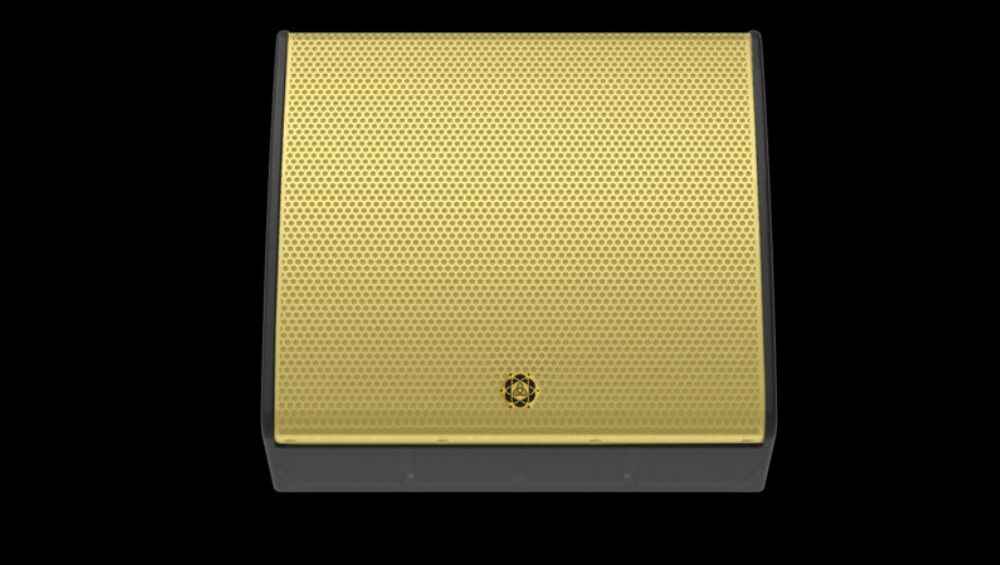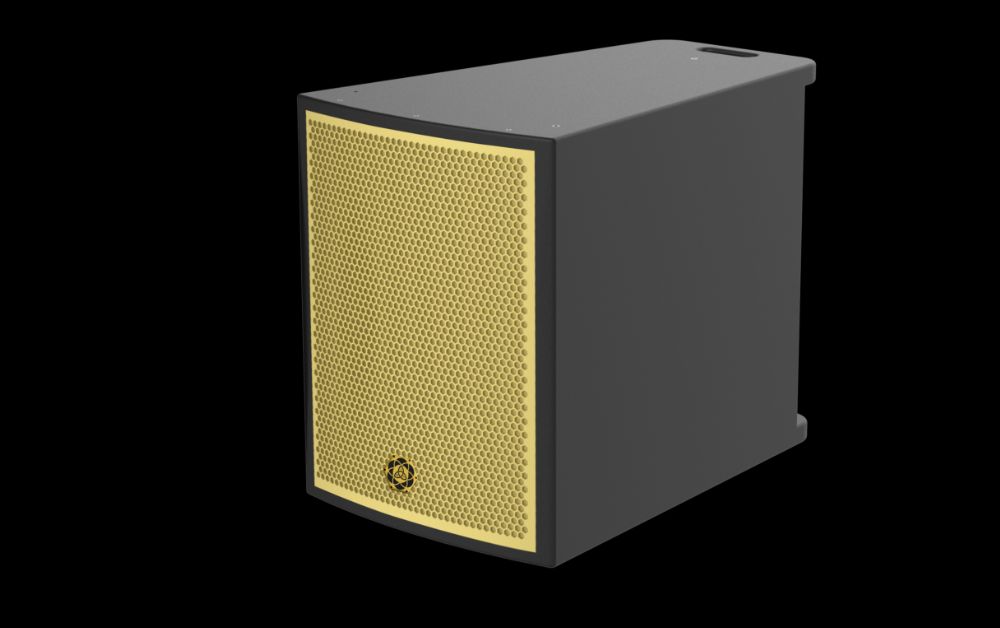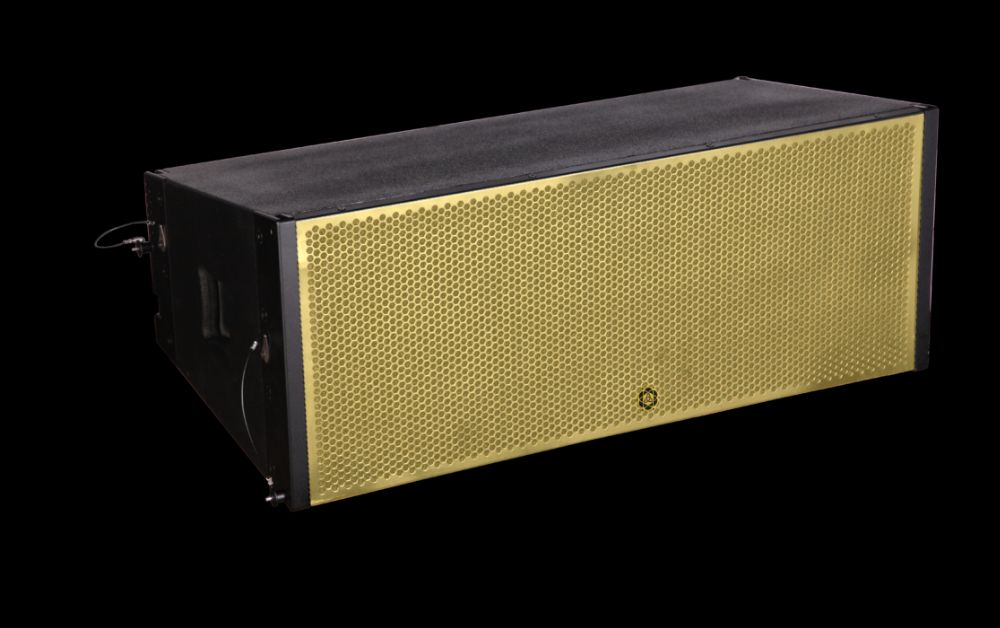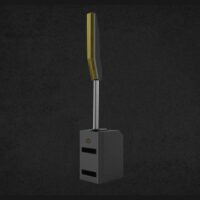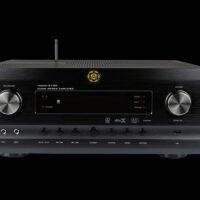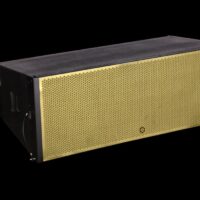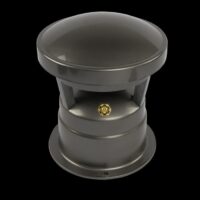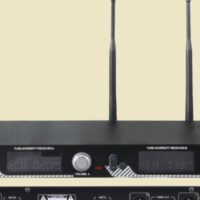Creating a memorable auditory experience requires a well-designed and properly equipped Professional Sound System. Whether for concerts, events, or recording studios, understanding the key components of a professional sound system is essential for achieving high-quality sound. Each element plays a crucial role in delivering clear, powerful audio that meets the demands of various applications.
1. Audio Mixer
The audio mixer is the central hub of a professional sound system. It allows sound engineers to adjust audio levels, apply effects, and control the overall sound output. With multiple channels, a mixer can handle inputs from various sources, such as microphones, instruments, and playback devices. A quality audio mixer provides flexibility and precision, enabling the sound engineer to craft the perfect mix for any event.
2. Amplifiers
Amplifiers are vital for boosting the audio signal from the mixer before it reaches the speakers. They increase the power of the sound, ensuring that it can fill a large space without losing quality. In a professional sound system, the choice of amplifier must align with the specifications of the speakers to prevent distortion or damage. This matching is critical to achieving optimal performance during events.
3. Speakers
Speakers are the most visible component of a professional sound system and are crucial for delivering sound to the audience. There are several types of speakers, including mains, subwoofers, and monitors. Mains speakers are used for general sound reinforcement, while subwoofers focus on low frequencies, providing depth to the audio. Monitors, on the other hand, allow performers to hear themselves and their instruments on stage. The selection and placement of speakers can significantly affect the overall sound experience.
4. Microphones
Microphones are essential for capturing sound, whether from vocals, instruments, or ambient noise. In a professional sound system, choosing the right type of microphone is important. Dynamic microphones are often used for live performances due to their durability and ability to handle high sound pressure levels. Condenser microphones, known for their sensitivity and clarity, are commonly used in studio settings. The right microphone can greatly influence the quality of the sound being recorded or amplified.
5. Cables and Connectors
While often overlooked, cables and connectors are critical components of a professional sound system. High-quality cables help transmit audio signals with minimal interference, which is crucial for maintaining sound clarity. Connectors ensure secure and reliable connections between various components of the system. Investing in quality cables and connectors can prevent potential issues during performances or recordings.
Conclusion:
A professional sound system consists of various essential components that work together to create high-quality audio experiences. From the audio mixer to the speakers, each element plays a significant role in delivering sound that captivates audiences. Understanding these components allows sound engineers and event organizers to make informed decisions about their audio setups.
For those looking to invest in a top-tier professional sound system, partnering with a reliable provider is key. Companies like The Sacred Audio specialize in delivering exceptional sound solutions, ensuring that your audio needs are met with the highest standards of quality. Whether it’s for a live event, recording studio, or installation, The Sacred Audio shines in providing systems that elevate the listening experience. Explore the possibilities of a professional sound system with The Sacred Audio and discover how quality sound can leave a lasting impression.

